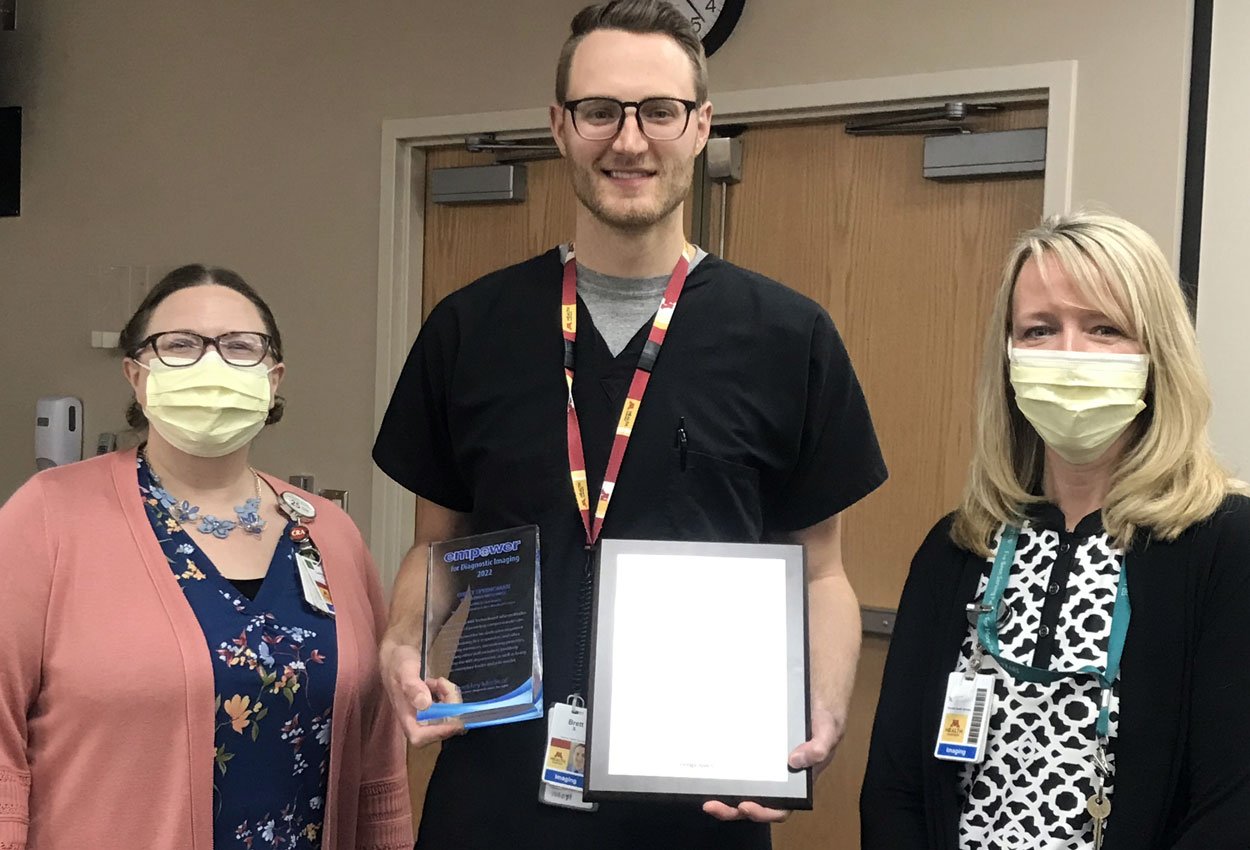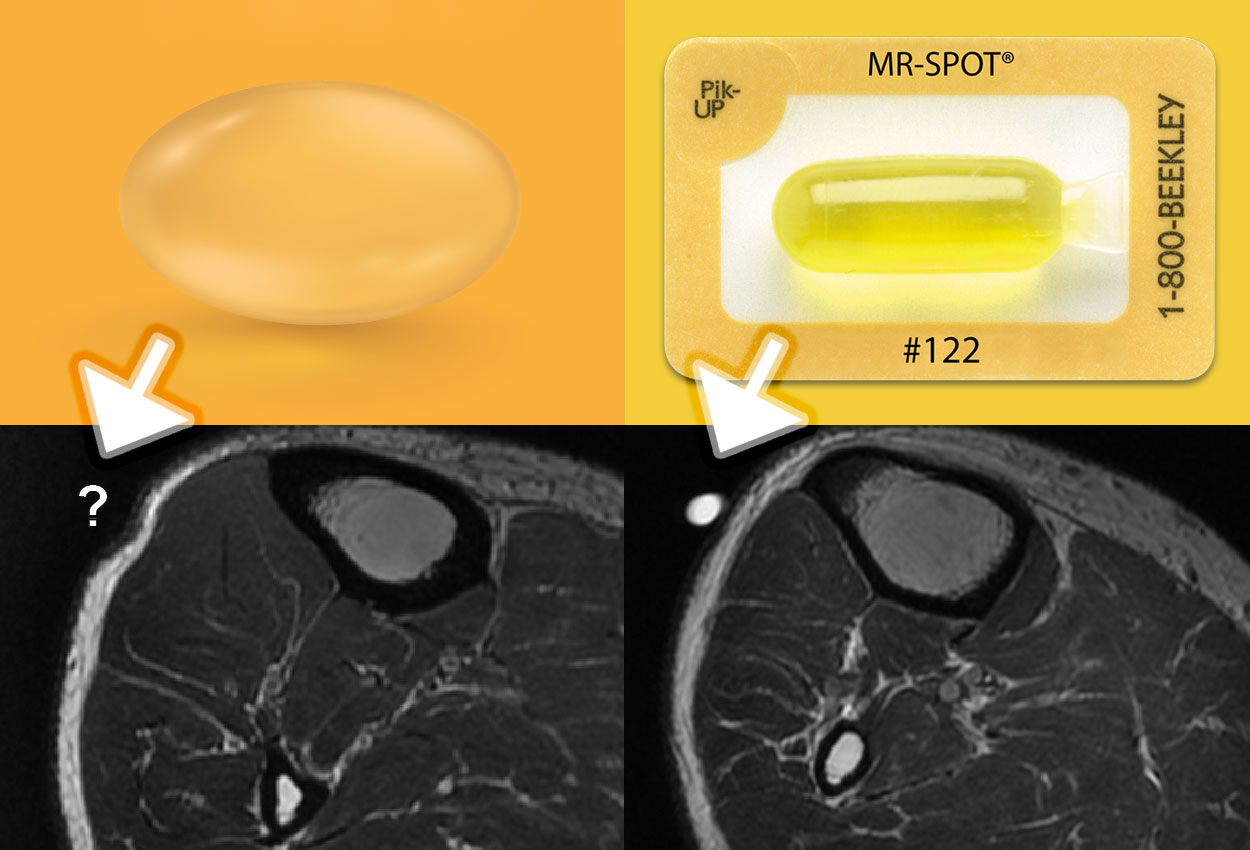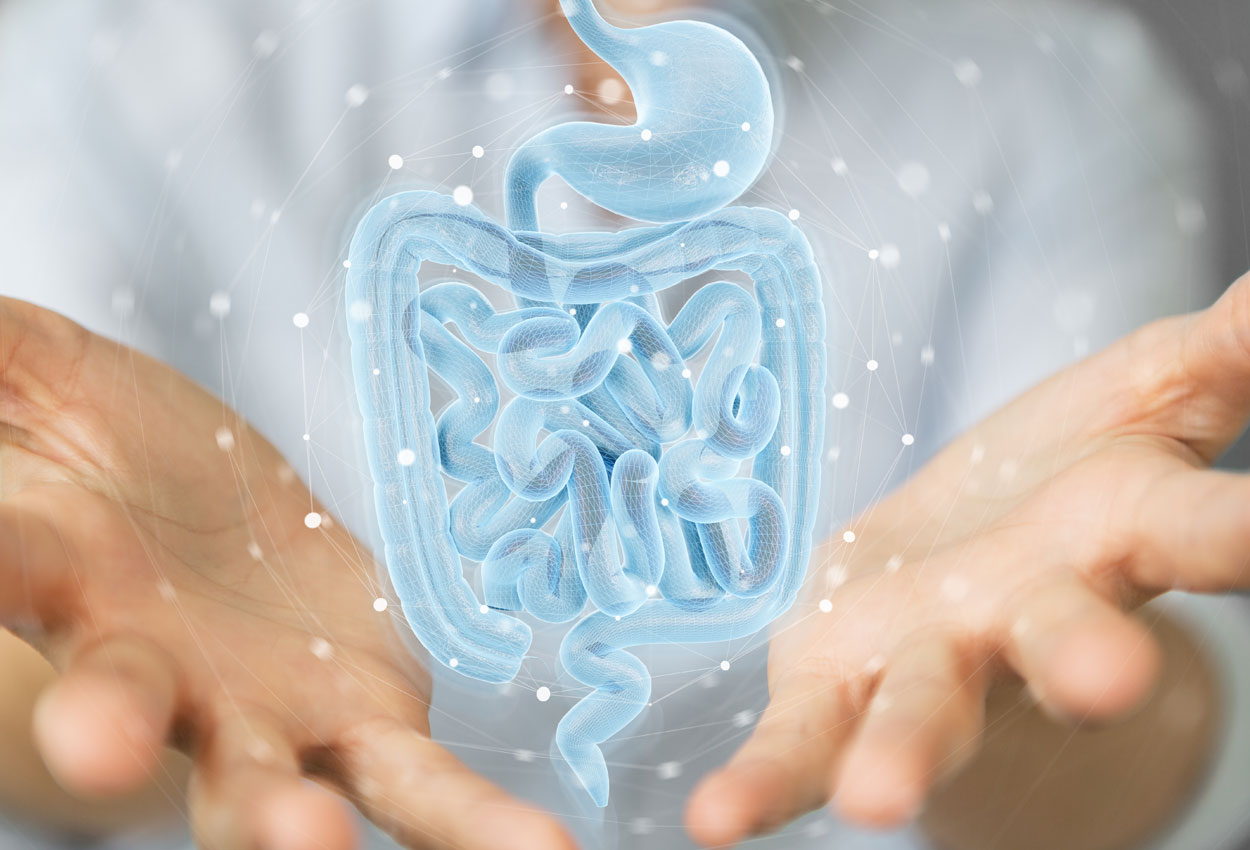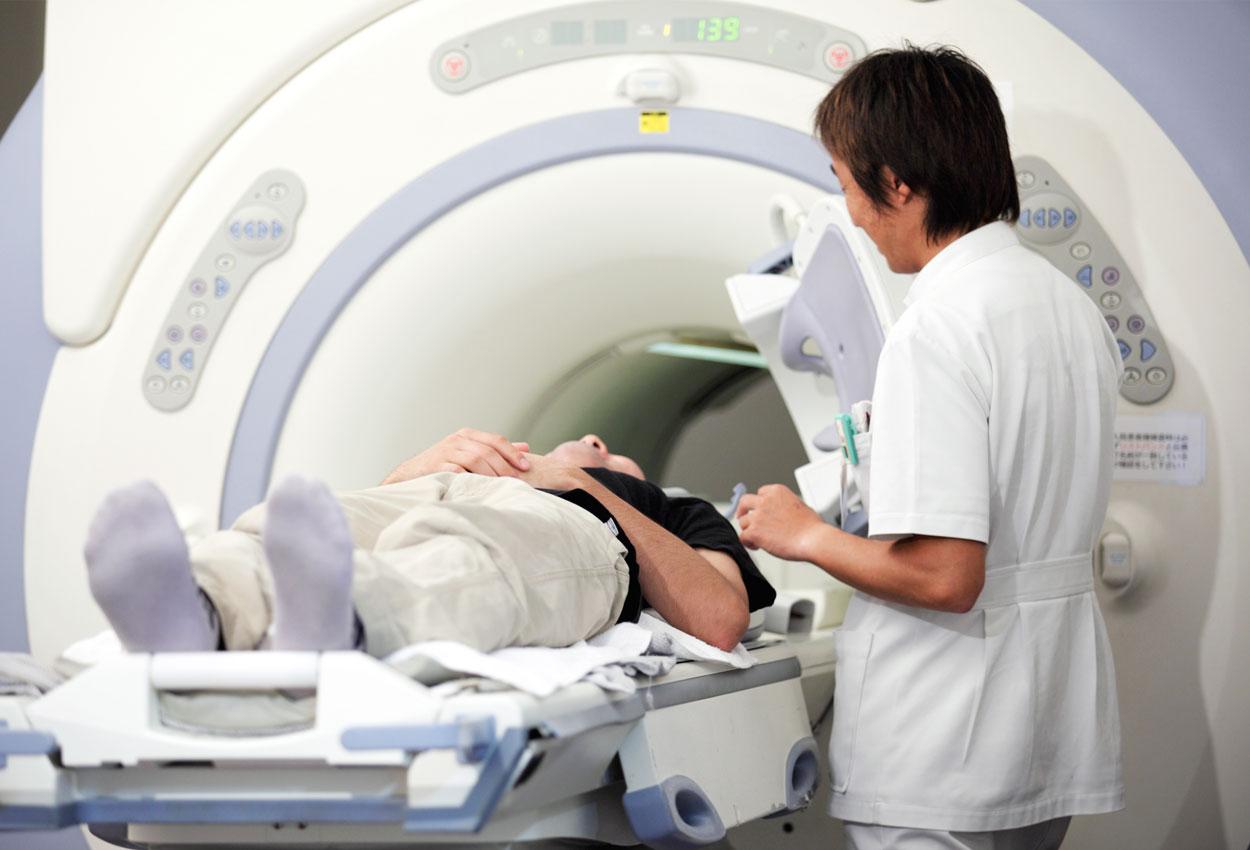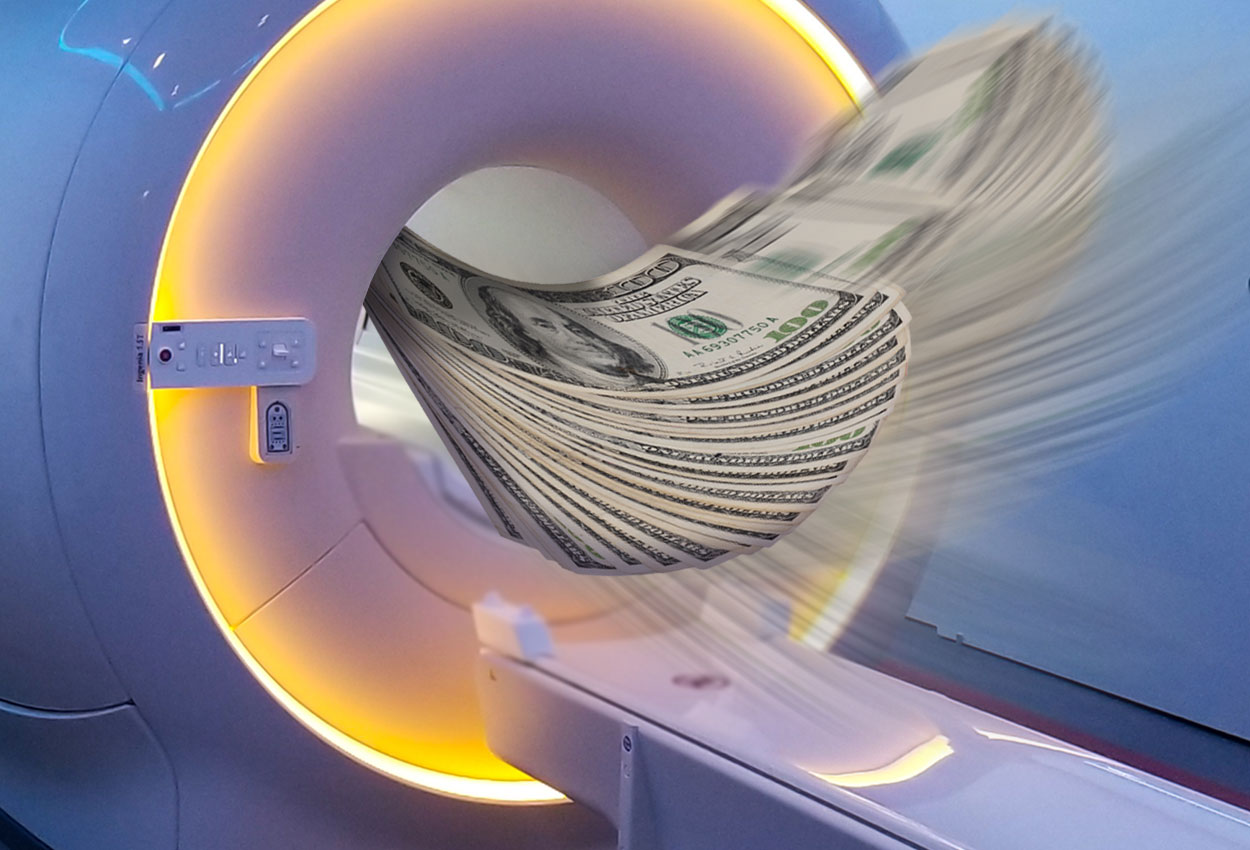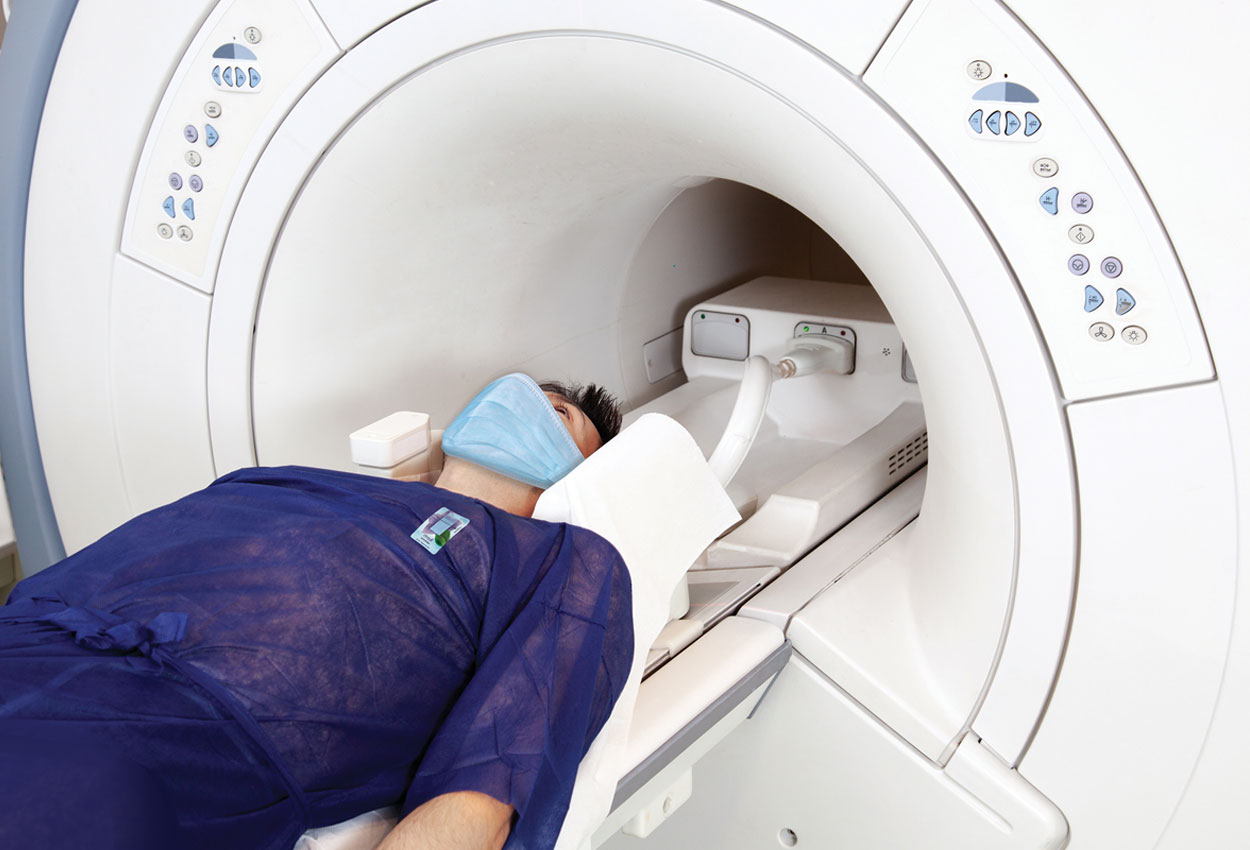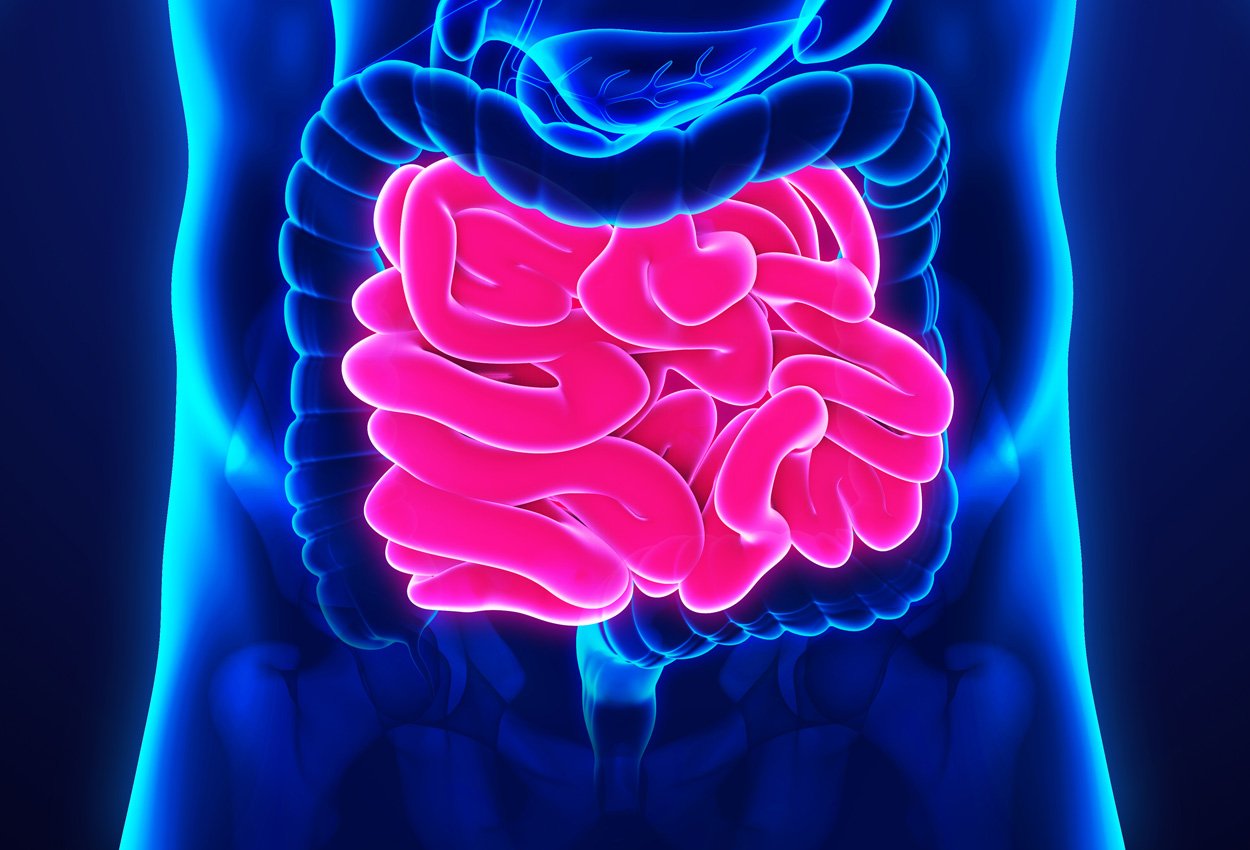Beekley Medical’s first ever EMPOWER Award for Diagnostic Imaging started off with a bang – nominations from all over the country were submitted. Although all the nominations we received were...
Dave Dillard’s career in medical imaging began in CT department at VCU Medical Center in Richmond, Virginia, 1975. Although he helped open other imaging centers, Dave always found his way back to...
In their article, "State of the Art MR Enterography Technique" Manjil Chatterji, MD; et. al. answered some commonly asked questions about oral contrast and the usefulness of MRE as a diagnostic tool.
Patient callbacks are sometimes unavoidable in MRI, but a majority of callbacks are preventable. Improving communication between clinicians and technologists could decrease patient callbacks for a...
Radiology is one of the most affected hospital departments by patient cancellations according to the article, " The Financial Burden of Missed Appointments: Uncaptured Revenue Due to Outpatient...
No-show patients and cancellations cost the health care system $150 billion a year, according to a study from SCI Solutions. Nationwide, no-show patients and cancellation rates are as high as 30%,...
MRI’s are an important diagnostic tool. They can differentiate between fat, water, muscle, and other soft tissue to help detect abnormalities of the brain, heart, breast, liver, and joints to name a...
It’s not uncommon to hear people speak of being anxious about having to undergo an MRI scan. In fact, it is estimated that 12.5% of the population suffers from some sort of claustrophobia.
Enterography studies (in MRI and CT) are a specialized tool for a specific patient population. While it can be used to diagnose problems such as bleeding, inflammation, and obstructions, it is...
